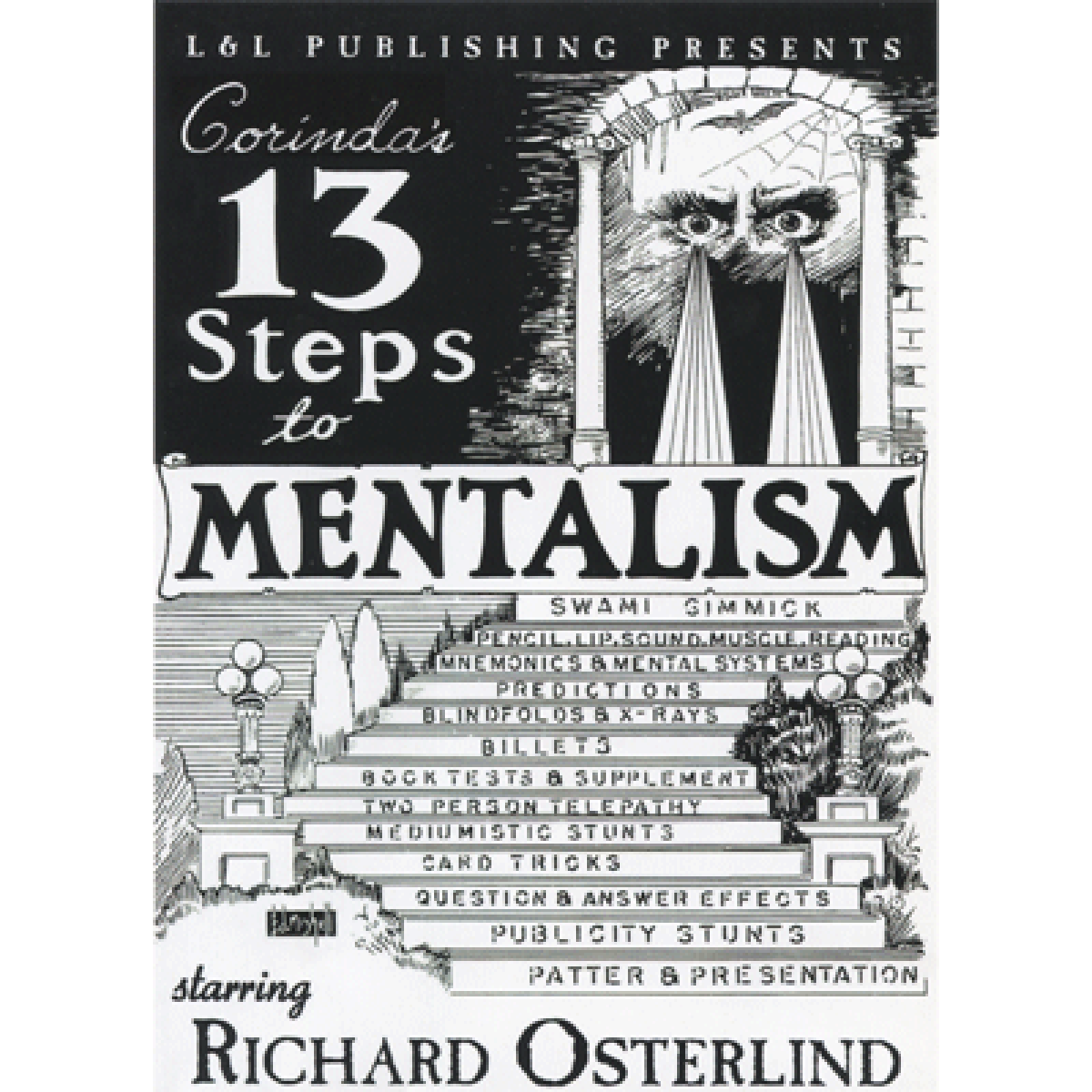

He believed that integration, driven by national governments, was often based on the domestic political and economic issues of the day. Any increase in power at supranational level, he argues, results from a direct decision by governments. The theory proposed the Logic of Diversity, which 'set limits to the degree which the ‘spill-over’ process can limit the freedom of action of the governments.the logic of diversity implies that on vital issues, losses are not compensated by gains on other issues'. It suggests that national governments control the level and speed of European integration. Intergovernmentalism was developed in the mid-1960s and initially proposed by Stanley Hoffmann. Neo-functionalism proposed the concept of ‘spill-over’ - 'Integration within one sector will tend to beget its own impetus and spread to other sectors. Haas later declared the theory of Neo-functionalism obsolete, after the process of European integration started stalling in the 1960s, when Charles de Gaulle's ‘empty chair’ politics paralyzed the institutions of the European Coal and Steel Community, European Economic Community, and European Atomic Energy Community. This core claim meant that European integration is self-sustaining: ‘spill-over’ triggers the economic and political dynamics driving further cooperation. The process of ‘spill-over’ refers to situations when an initial decision by governments to place a certain sector under the authority of central institutions creates pressures to extend the authority of the institutions into neighbouring areas of policy, such as currency exchange rates, taxation, and wages. The core of Neo-functionalism is the use of the concept of ‘spill-over’. Jean Monnet's approach to European integration, which aimed at integrating individual sectors in hopes of achieving spill-over effects. Haas, an American political scientist and Leon Lindberg, also an American political scientist. It is a theory of regional integration, building on the work of Ernst B. Although these theories have been heavily criticised, amended or even abandoned, they do contain two strong theoretical integration arguments.įirstly, Neo-functionalism was developed in the second half of the 1950s and is the first, ‘classical’ grand theory/narrative of European integration.


The two main competing theories of EU integration are Neo-functionalism and Intergovernmentalism.


 0 kommentar(er)
0 kommentar(er)
